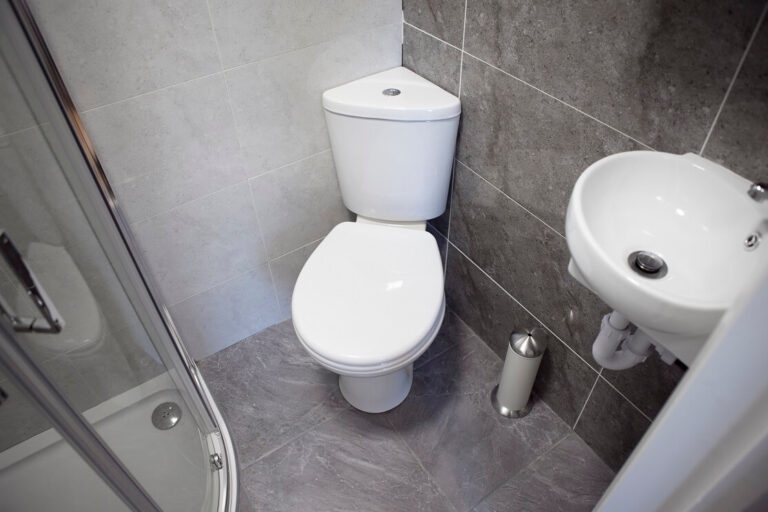The Spring Budget – what does this mean to the property world?

Jeremy Hunt’s Spring Budget 2024 was anticipated by many, but perhaps none more so than those property developers and landlords amongst us who were eager to see what was contained in his red briefcase and what, if any, would be the implications of his proposals.
Is it all doom and gloom?
We have reviewed Hunt’s statements of intentions and have chosen the most prominent to cover below in order to help navigate the changing property landscape.
Tax breaks for furnished holiday lettings removed
Hunt announced that the current Furnished Holiday Lettings tax regime (FHL regime) will be scraped from April 2025. The tax currently offers tax advantages to landlords who let out a property as a holiday home. Its abolition will no doubt discourage potential investment in short-term lets, which could potentially lead to the lack of choice and availability in the short term rental market. Long and short-term lets will now be treated the same for tax purposes, and perhaps if you have properties that are on short-term lets, given over to mainly the holiday and tourist market, you may wish to consider changing your property to a long-term let. At Reka we have seen the long-term sector grow as demand outstrips supply, good news for landlords!
Multiple dwellings stamp duty relief comes scrapped
This announcement is an important one for landlords. This tax relief was designed to support investment in the private rented sector, offering a lower stamp duty as an incentive to invest in the private rental sector. After consultation, the government have decided to abolish this relief for those who are buying more than one house in a single transaction. It will take affect from June 2024. It means that less landlords could potentially enter the market, competition for tenants will rise and choice, value and price could be compromised.
Capital Gains Tax reduced
Capital Gains Tax has also been given an overhaul by Hunt. To clarify, Capital Gains Tax (CGT) is payable to HMRC when you sell a large asset (in this instance a property.) There are various rates for this tax, and the good news is that the basic rate taxpayers of 18% will remain. The higher rate on residential sales will also reduce from 28% to 24%. The logic behind this is that it will encourage more transactions across the market, with more properties coming to market. Whether this will happen or not remains to be seen.
It seems that this Budget has proposed a very different sector for landlords and property developers. Time will tell whether the proposals will pay dividends, but scrapping tax reliefs and advantages in one hand, whilst reducing CGT thresholds with the other suggests an attempt to free up the market, incentive investors to sell their properties if they are already considering it and bring more housing stock back to the open market. Let’s see. Whatever happens, and whatever you decide to do because of it, speak to us if you would like to invest in properties, capitalise on your existing one or are considering what your future looks like as an investor.
If you wish to discuss any of the information raised in this blog, please do reach out to our professional and friendly team who can discuss this further with you.
Email us to start the conversation.
Please note that the information above does not constitute legal advice.



